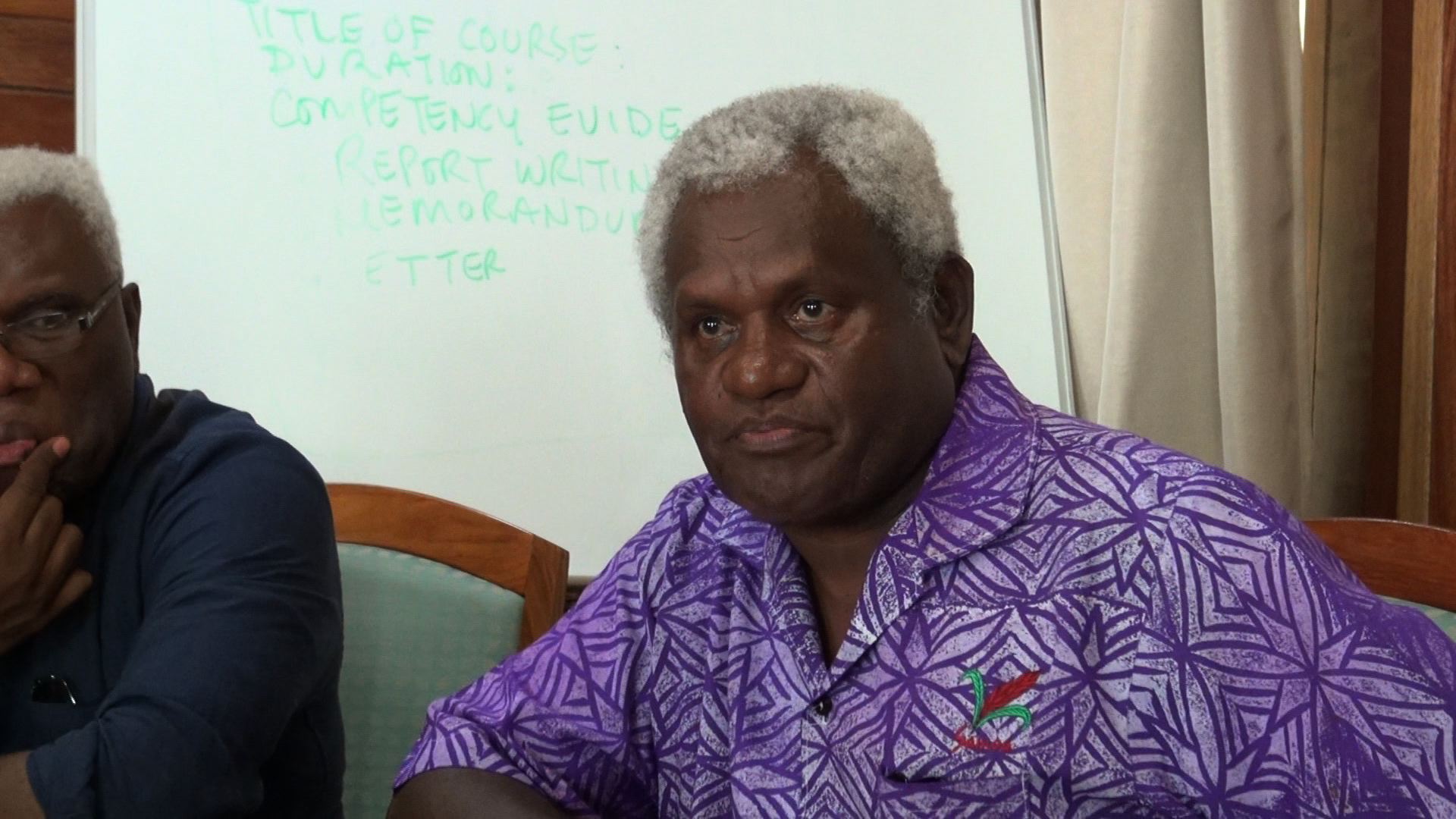The Minister for Higher Education, Research, Science and Technology, Malakai Tabar, says fixing damages at the University of Papua New Guinea (UPNG) will be very costly for the government.
Tabar says his ministry will be making a special submission to the government to sought funding to fix UPNG before the 2017 academic year begins.
His comments come after the university’s council suspended the 2016 academic year following escalated tensions at the university.
It has now been four weeks since the clash between the students and police at the University of Papua New Guinean that followed a prolonged boycott of classes by students, who protested and called on the Prime Minister to step down from office.
The peaceful protest then turned brutal when police wounded several students in an attempt to control the situation.
A few days later, the situation got out of hand, with students torching university property.
The state, through its higher education ministry, has tried to save the academic year and allow for it to continue despite the student unrest.
But the university’s council reached a decision last week to end the 2016 academic year early.
The cost of the damage caused after the student’s wrath is now on the hands of the government to fix.
Tabar says the cost of the damage is yet to be finalised, but his ministry has already begun knocking on doors of other government departments to secure funding to repair the damaged infrastructures at the university.
The office of higher education is awaiting a response from the university’s council for a report containing the total cost of damages.
The minister is also expected to make a special submission to the government, to seek funding from the 2017 national budget.
Tabar, meanwhile, has brushed off criticism from the public who have not been happy with the government and UPNG administration on the action taken to close the highest learning institution in the country.
He maintained the government’s stance that the early closure of the academic year is to restore peace at the university, and retain its repute in the Pacific region.


